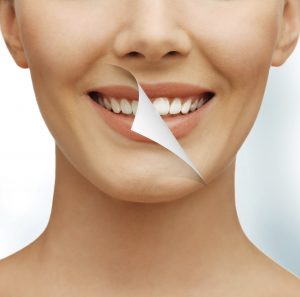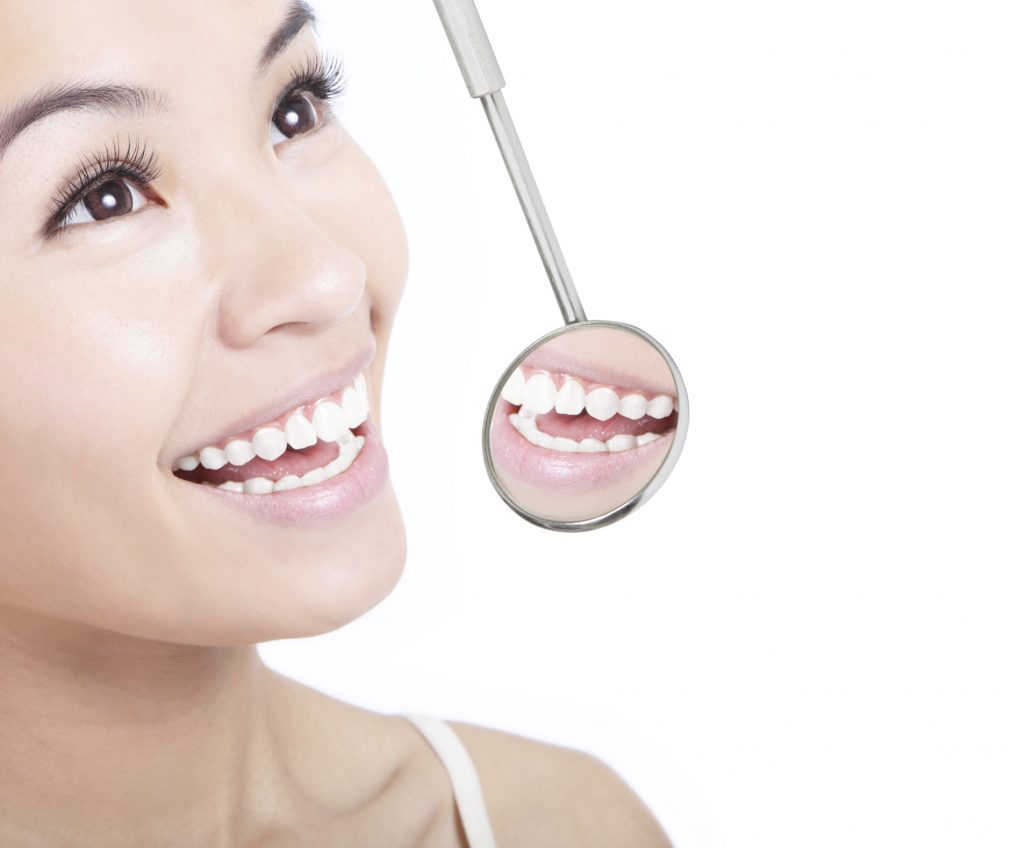
We all try to maintain a healthy smile, but tooth decay can sneak up on us if we aren’t careful. But are you doing everything you can? When it comes to our smiles, a dentist is the expert when it comes to keeping it healthy, but it is our duty to keep our smiles healthy in between dental check-ups. Here are five dentist-approved ways you can prevent tooth decay:
Brush your teeth. Brushing and flossing properly every day, along with a good dental rinse can help prevent tooth decay and gum diseases. Brushing your teeth at least twice a day actually makes your teeth stronger.
Dietary snacks. It is good to limit sweet snacks in general, but an excessive intake of sweets will alter your blood sugar and cause cavities, especially if you don’t practice good dental hygiene on the daily. Good snacks should be nutritious and include healthy proteins and fats.
Regular dental checkups. It is very important to seek the help of a dentist since they know a lot more about your mouth and the issues that can arise because of your lifestyle.
Fluoride therapy. By definition, fluoride therapy is the delivery of fluoride to your teeth either topically or systemically in order to prevent tooth decay, and eventually, resulting in cavities. Fluoride therapy delivery involves fluoride supplementation using water, salt, tablets or drops which are swallowed. Tablets or drops are rarely used where public water supplies are fluoridated.
Dental sealant. Dental sealants are a dental option done during your check-ups and are basically plastic material covering your teeth in order to prevent cavities and tooth decay.
If you have questions or concerns about tooth decay, make an appointment today with Dr. Philip Schnall at 212-247-7059 or visit our website at www.philipschnalldmd.com.
Dr. Schnall proudly serves New York and all surrounding areas.
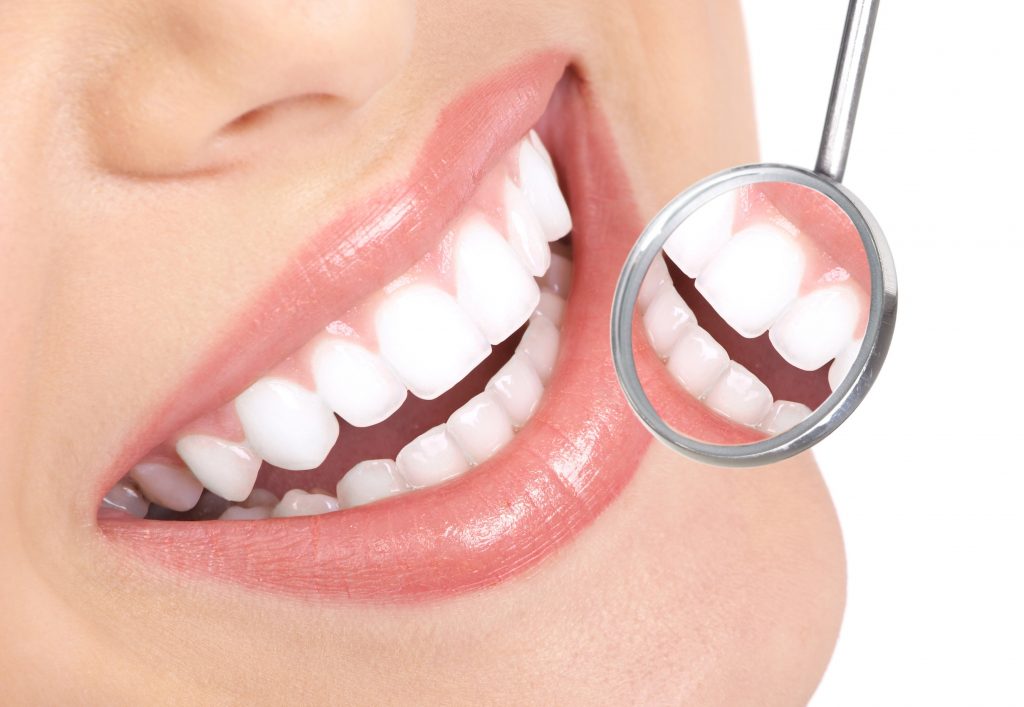
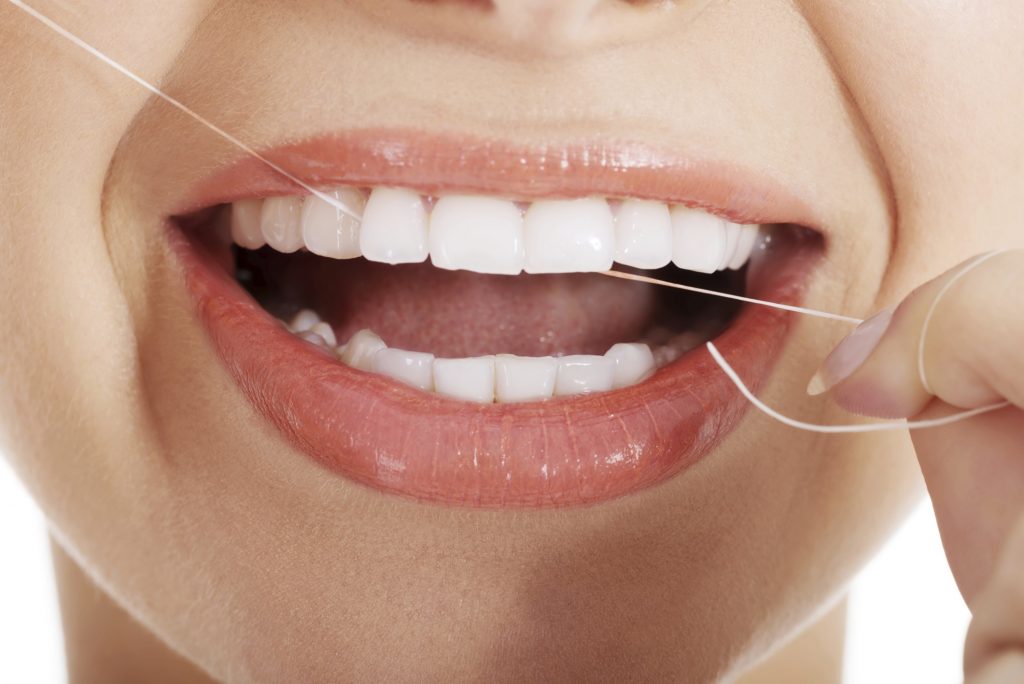
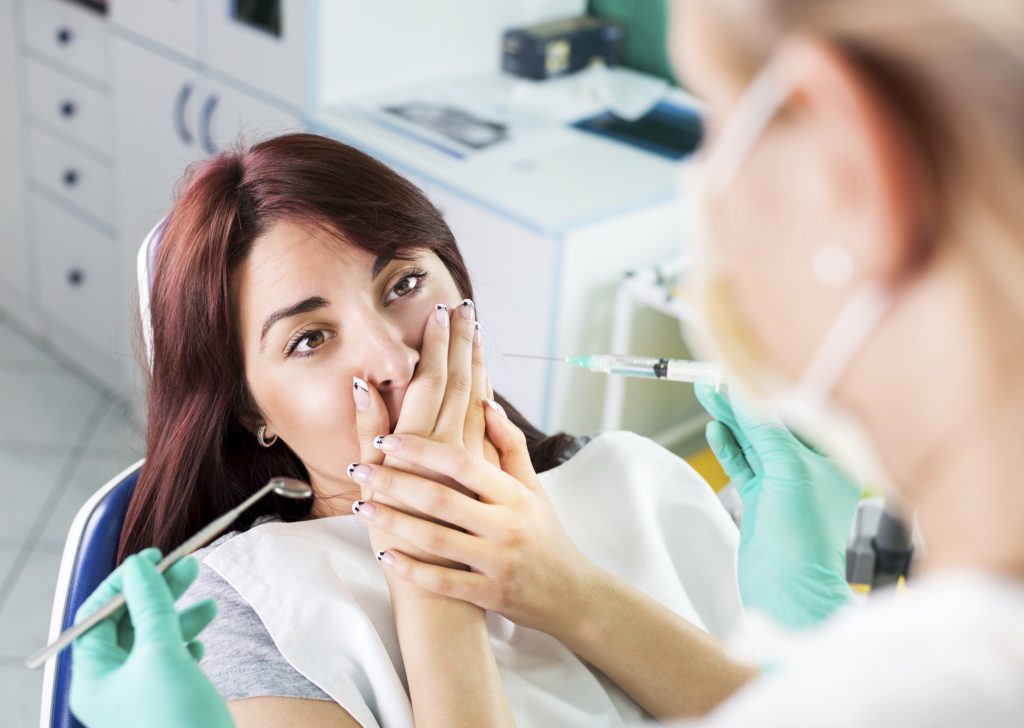
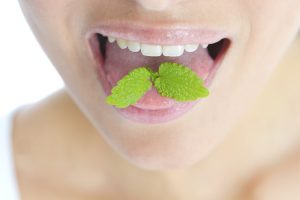
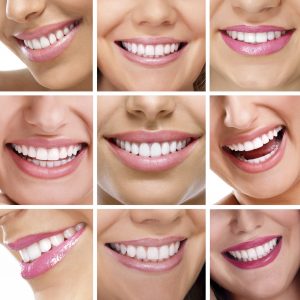
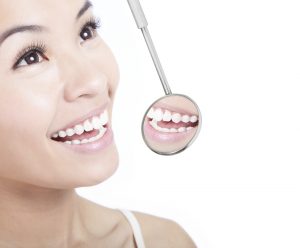
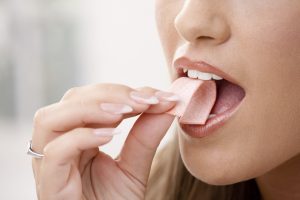 Periodontal disease is one of the most common problems Americans face – as many as half of American adults have some level of periodontal disease, and that percentage increases at higher ages. Periodontal, or gum, disease can take many forms – from mild gingivitis, with symptoms like red inflamed gums to severe periodontal disease, where pus from infections can push teeth from their socket.
Periodontal disease is one of the most common problems Americans face – as many as half of American adults have some level of periodontal disease, and that percentage increases at higher ages. Periodontal, or gum, disease can take many forms – from mild gingivitis, with symptoms like red inflamed gums to severe periodontal disease, where pus from infections can push teeth from their socket.
